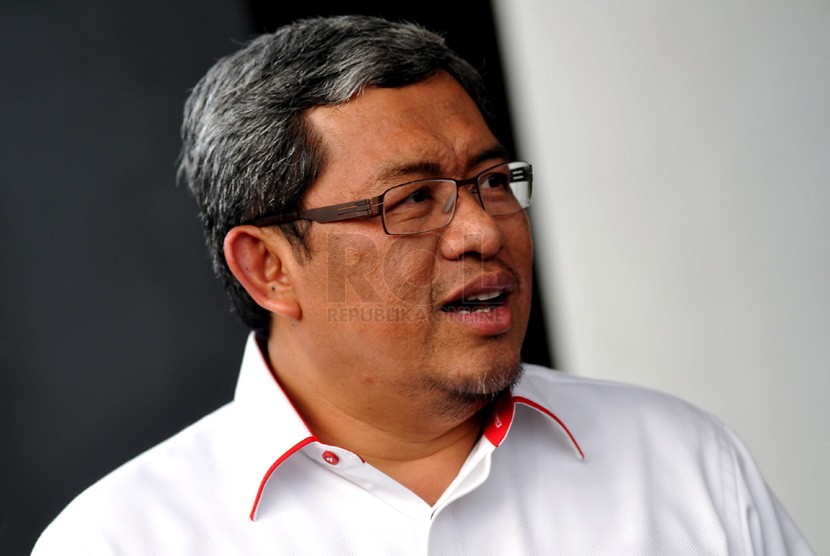REPUBLIKA.CO.ID, BANDUNG -- The implementation of Sharia Economic Community (SEC) has had a good impact on the economy of the West Java Provincial community, according to governor Ahmad Heryawan.
The SEC has also had a good impact on the regional budget (APBD), the governor stated here on Monday.
"This (Sharia Economic Community) is very influential, especially if the portion of West Java (SEC in the regional economy) could reach 10 to 15 percent, it would be very special," the governor said after inaugurating the provincial board members of the SEC for 2016-2019 period.
Heryawan further said West Java's share in the regional economy has already reached 7.5 percent, while it is now 5 percent of the entire economy of Indonesia.
The growth of SEC in West Java has come about in the form of Sharia Banking, including Sharia Cooperatives, the governor explained.
"SECs are available in every district and city of West Java," he pointed out.
Earlier, Advisory Board's chairman of Indonesia's Council of Ulemas (MUI) Din Syamsuddin said Indonesia should follow the example of Malaysia's Economic Sharia system that has been able to empower medium and small-scale entrepreneurs.
"Indonesia should be able to apply that (Malaysia's Economic Sharia system) to avoid inequalities in wealth, otherwise it will lead to conflict," Syamsuddin stated on Wednesday.
Din made the remarks after presiding over the 6th plenary session of the MUI Advisory Council meeting held under the theme, "Strategy to Raise People's Economy."
The former general chairman of Muhammadiyah, one of Indonesian major Muslim organizations, further said that Malaysia, which also has a majority Muslim population just like Indonesia, has successfully applied the Economic Sharia system.
According to him, the economic development system since the New Order era was not yet aligned with the interests of the Muslims as a major group in Indonesia.
Thus, Din pointed out, the country needs a policy to set this right and economic justice should be constitutionally mandated.
In an effort to implement such a policy to bring the economy in line with the objectives and ensure economic justice, there must be a law to regulate the national economic system, Din explained, referring to the ruling of article 33 of the 1945 Constitution.


